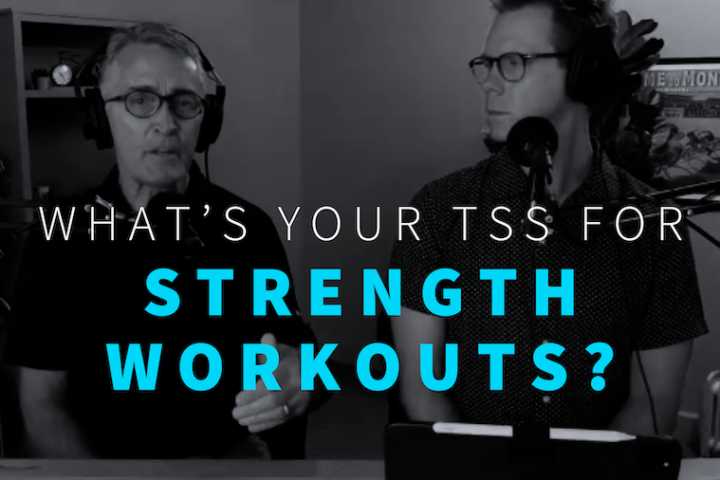
The Craft of Coaching, Live Q&A: How to Calculate TSS for Strength
Should strength sessions be factored into an athlete’s Training Stress Score? Joe Friel explains when and how to score cross-training.

Should strength sessions be factored into an athlete’s Training Stress Score? Joe Friel explains when and how to score cross-training.
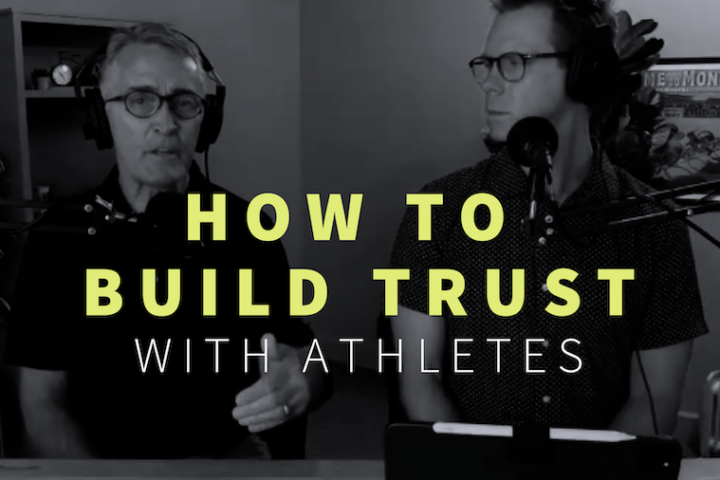
What’s the best way to handle an athlete who has a plan of their own? Joe Friel talks about the coach-athlete dynamic and how you can use doubt to strengthen the relationship.
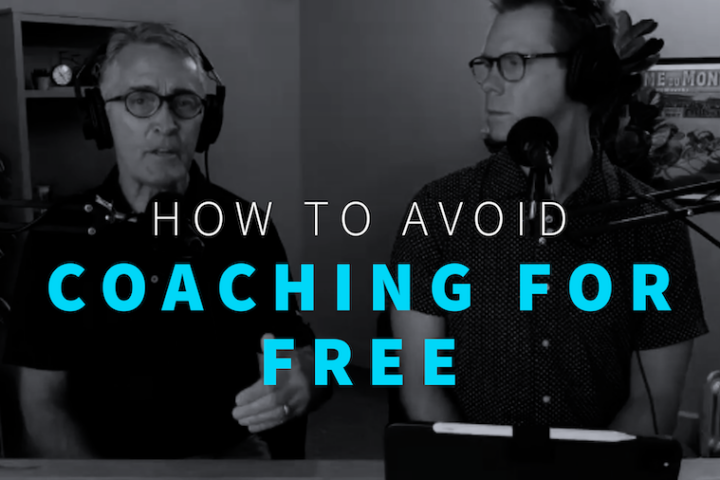
Good intentions can lead many coaches to give away their time for free. It’s a costly mistake that will hurt your coaching business.
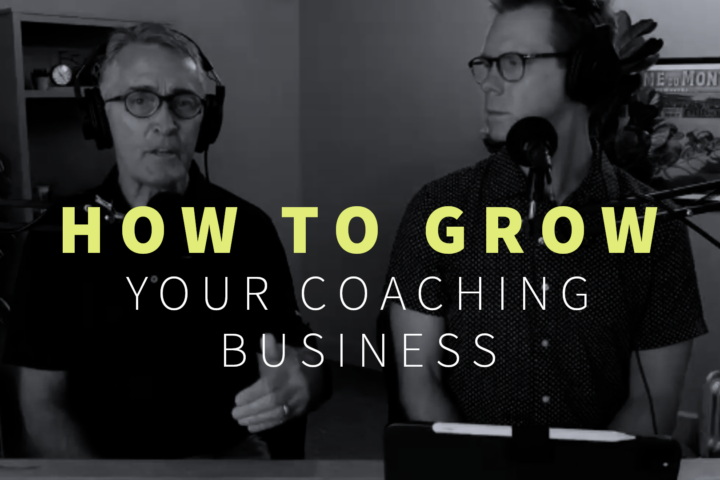
How many athletes should a coach take on? Many new coaches try to build their client list quickly, but it’s easy to trade effectiveness in the rush for scale.
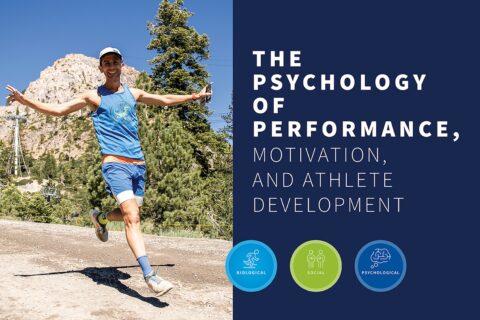
Explore the psychological and social side of performance with the help of experts who specialize in sport psychology, mental performance, and athlete development.
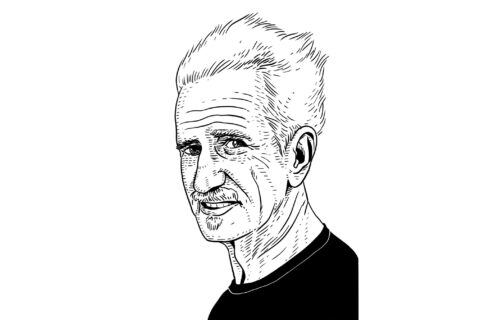
A rigorous, holistic approach to mental and physical training steeped in high-intensity sessions and hill running at a beachfront property would likely appeal to today’s athlete. This Australian running coach was ahead of his time.

The degree to which you cultivate a positive coach-athlete relationship will enhance your athletes’ race performances—and help you retain them as clients.

Sport psychology is proving to be just as important—if not more so—than physiology, but how do you incorporate it into your coaching for the benefit of you and your athletes?
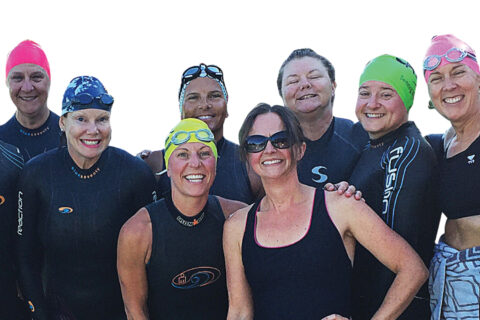
Every athlete is a study of one, presenting different limitations and strengths. The best coaches are able to identify these differences and adapt their style and strategy to meet the unique needs of every athlete.
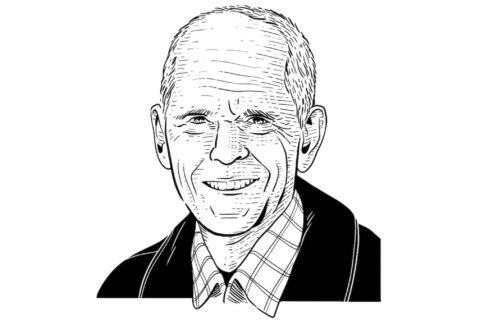
He’s coached some of the biggest names in distance running and underpinning a large amount of his success was his capability to be versatile.
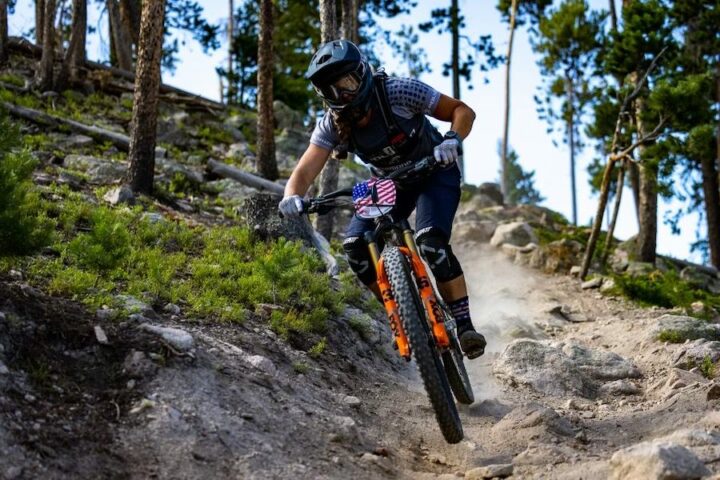
Every coach wants to work with athletes who possess both talent and motivation in spades. In reality, your clients are probably lacking in one or the other. Consider how your coaching style might be suited to a particular athlete type, and whether your client list reflects this.
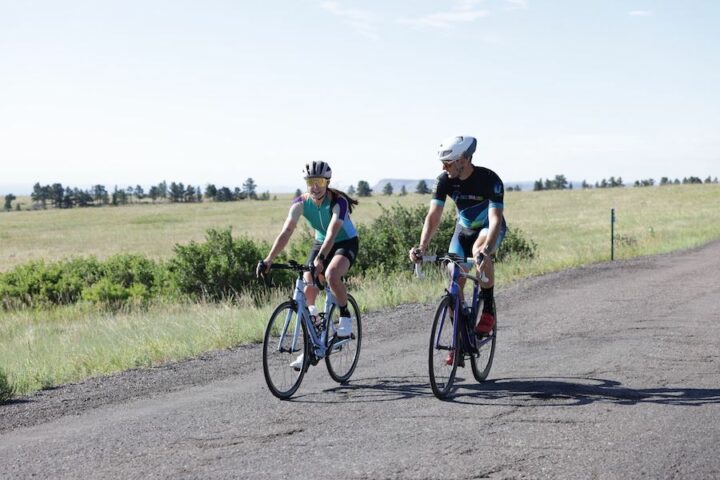
As a coach, you are in the business of addressing the weaknesses that stand in the way of the athlete’s goal. Because every athlete is unique, no two plans should ever be the same.
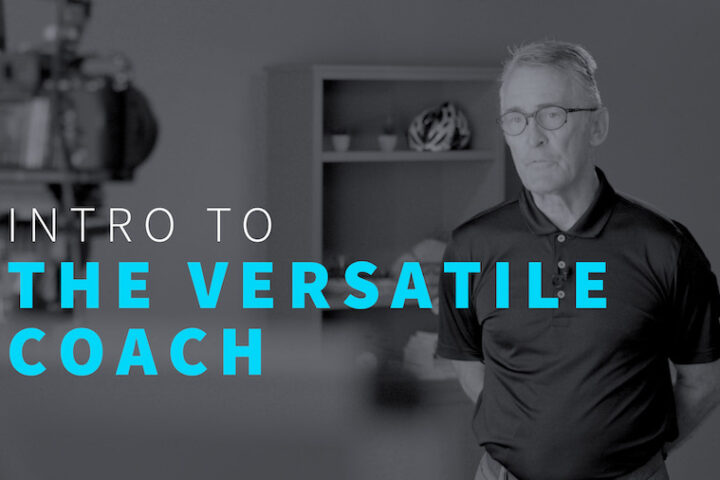
Learn from Joe Friel and a handful of master coaches on how to become a more versatile coach, adapting training to the needs of each athlete you work with—from novice to elite.
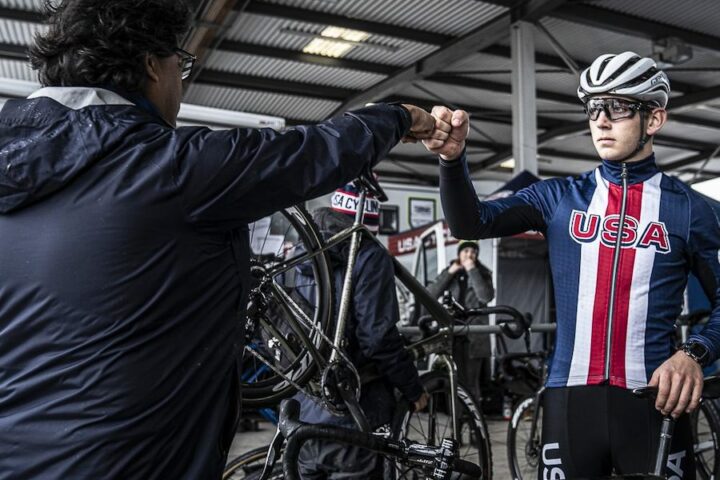
We explore the past, present, and future of coach education with Joe Friel and Jon Tarkington.
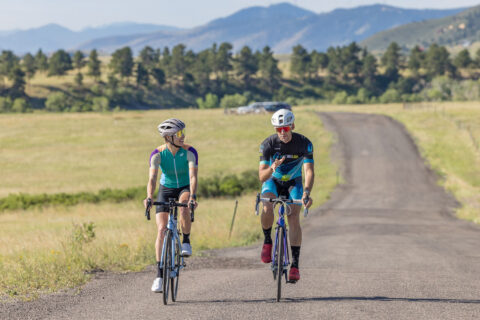
As a coach, helping your athletes achieve their performance potential is an important task, but it’s rarely an easy one. In Module 6 of The Craft of Coaching, Joe Friel, together with several top coaches, share their experience on every aspect of this journey to peak performance.
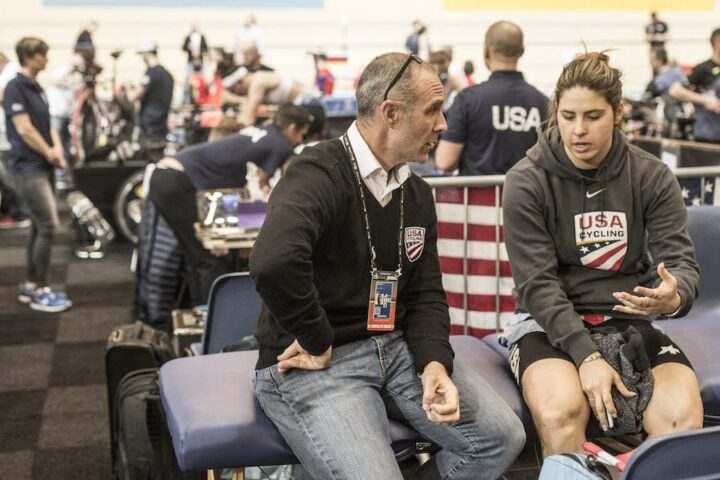
As a coach, you are in a privileged position to have a great impact on your athlete’s development. Learn how to use this wisely.
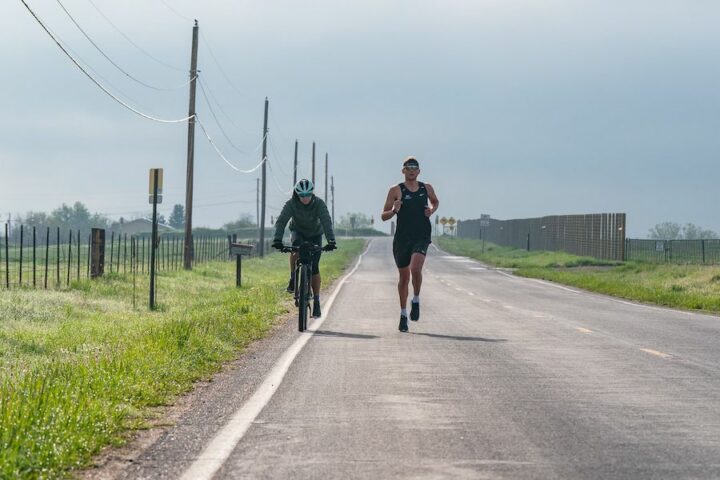
Work with your athlete to create a race plan for the season—and then build your training plan from there, but remember there’s plenty to factor in.
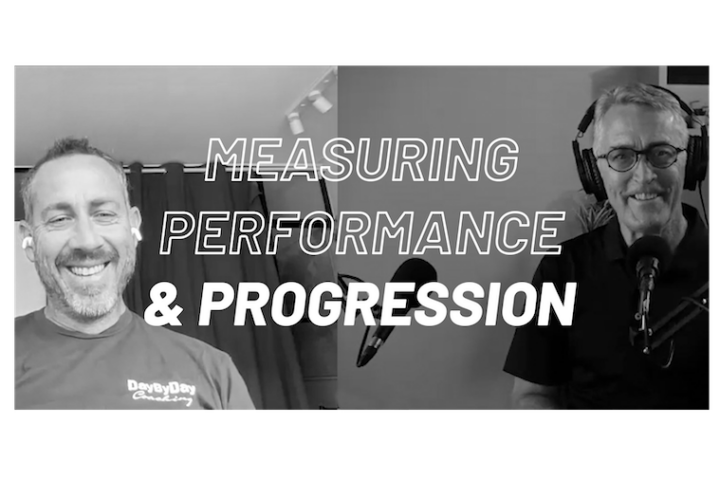
Coaches Joe Friel and former pro cyclist Ben Day talk about setting goals and how measuring progress must include “more than just numbers.”